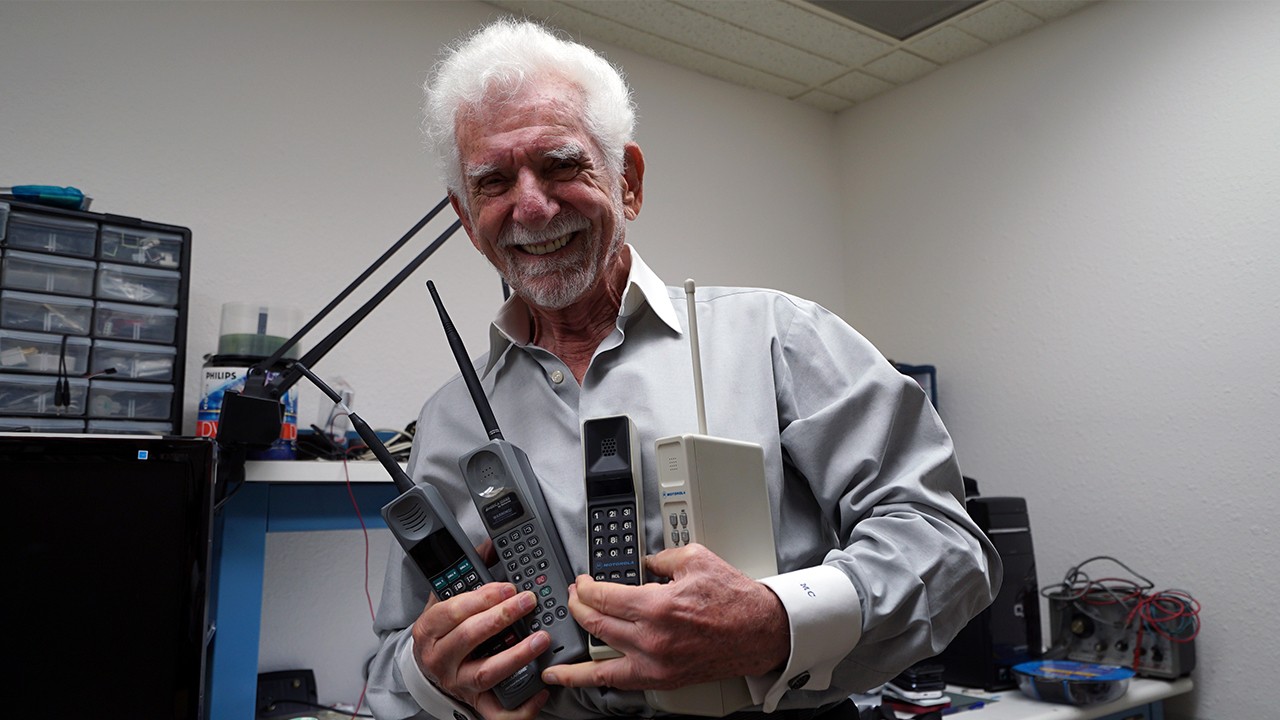Image: Shutterstock
If Camilo Casas is elected to city council in Boulder, Colorado, this November, he doesn't plan to make any decisions himself. If he wins, Casas will instead give up his vote to Parti.Vote, a "liquid democracy" app he built to change how government functions.This is how it will work: If more than 50 percent of people in his community vote "yes" on an issue through the app, Casas will vote the same way they do. Only in the event of a tie would he be forced to make a decision based on his own beliefs.In order to avoid fraud, Casas' team will vet signups on Parti.Vote against the Colorado Secretary of State's publicly available voter rolls. In the future, Casas told me he wants to utilize biometrics for verification, possibly using something like Apple's Face ID technology.Parti.Vote could be used to help create a "liquid" or direct democracy, where technology is leveraged to place power among citizens rather than representatives. Before the advent of the internet, it was too cumbersome for every citizen to vote on every single government issue.Now, advocates of liquid democracies argue tech can be used to make democratic systems actually represent the will of the people. The idea has gained traction in Europe, South America, and elsewhere.There's good reason, however, for not everything to be voted on in a referendum. So that minority rights don't get trampled, which has happened in the past.It's the job of elected representatives to come to an informed, deliberate, and inclusive decision. They are accountable to voters, and can be voted out of office if they don't take the wishes of their constituents into consideration—individual citizens don't have such responsibilities. It's possible that a direct democracy could still be an unfair one.Read More: What If Everyone Voted on Everything?There are also more specific considerations that need to be taken into account if an elected representative's vote is handed over to an app, like whether every demographic has access to a smartphone.Casas nevertheless says Parti.Vote is designed to make the US's representative government system more equitable. The idea is that if politicians commit to voting the same way the people do, they'll be less susceptible to the desires of big business, interest groups, or deep-pocketed donors."I personally am convinced that when you have to lobby a constituency rather than an elected office you will on average get more democratic and consensual outcomes," Casas told me on a phone call.Casas says he is one of the first people to run for political office in the United States using a platform like Parti.Vote, but he's currently not the only one. Devin Balkind, a candidate for New York City's Public Advocate, an elected watchdog-like position, plans to use NYSpeaks, an app designed to solicit public feedback.In Australia, a direct democracy app called Flux (which is also a political party) supported 13 candidates in the country's federal elections in 2016. For Casas, creating a liquid democracy using his app is more important than the race in Colorado. In fact, he doesn't even expect to win. "It's rather unlikely," he told me.
For Casas, creating a liquid democracy using his app is more important than the race in Colorado. In fact, he doesn't even expect to win. "It's rather unlikely," he told me.
The real goal is to hopefully convince other politicians to adopt Parti.Vote, which is open-source and free. Later down the line, Casas wants to create a political party that will support any candidate, as long as they commit to making decisions based on what their citizens want.Parti.Vote will come with several novel features that allow citizens to participate even if they don't have time to learn about every issue. For example, there will be an auto-vote mode, which aligns your vote with a particular council member's every time. You can also assign your vote to another member who serves as a delegate. They then have the ability to put it toward an issue for you.Casas is aware that Parti.Vote could be susceptible to the same problems as the current political system. It could be hacked by foreign interferers, or manipulated to favor special interests. The app could be skewed to only represent those savvy enough to utilize a smartphone app. But still, he feels like it will be better than what American citizens live with now."We're not trying to build the perfect system of democratic participation," Casas explained. "We're trying to improve the system we have."Get six of our favorite Motherboard stories every day by signing up for our newsletter .
Advertisement
Advertisement

The real goal is to hopefully convince other politicians to adopt Parti.Vote, which is open-source and free. Later down the line, Casas wants to create a political party that will support any candidate, as long as they commit to making decisions based on what their citizens want.Parti.Vote will come with several novel features that allow citizens to participate even if they don't have time to learn about every issue. For example, there will be an auto-vote mode, which aligns your vote with a particular council member's every time. You can also assign your vote to another member who serves as a delegate. They then have the ability to put it toward an issue for you.Casas is aware that Parti.Vote could be susceptible to the same problems as the current political system. It could be hacked by foreign interferers, or manipulated to favor special interests. The app could be skewed to only represent those savvy enough to utilize a smartphone app. But still, he feels like it will be better than what American citizens live with now."We're not trying to build the perfect system of democratic participation," Casas explained. "We're trying to improve the system we have."Get six of our favorite Motherboard stories every day by signing up for our newsletter .
